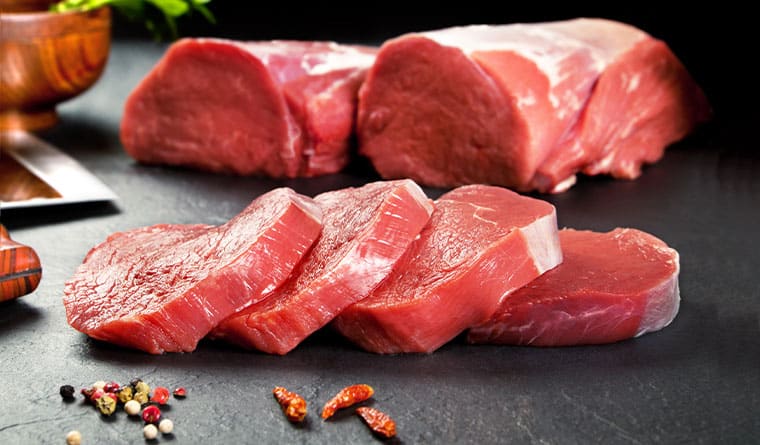The Meat of the Matter: Exploring the Pros, Cons, and Controversies of Our Favorite Protein Source
Meat has been a staple of the human diet for thousands of years, providing essential protein and nutrients. But in recent years, the way we produce, consume, and think about meat has come under scrutiny. From debates over animal welfare and environmental impact to the rise of plant-based alternatives, the meat industry is facing a growing number of challenges. In this article, we'll take a closer look at the meat we eat and the issues surrounding it.
First, let's consider the nutritional benefits of meat. There is no denying that meat is an excellent source of protein, providing all of the essential amino acids that our bodies need to function. It is also rich in essential vitamins and minerals, including iron, B vitamins, and zinc. For many people, meat is an important part of a balanced diet and a reliable source of the nutrients they need to stay healthy.
However, the way we produce meat has come under scrutiny in recent years, with many people raising concerns about the welfare of the animals and the impact of meat production on the environment. Factory farming, which is the predominant method of meat production in the developed world, is often criticized for its cruel and inhumane conditions. Animals are often kept in cramped and unsanitary conditions, and are subjected to cruel practices such as dehorning and tail docking.
Additionally, the production of meat is a significant contributor to greenhouse gas emissions and deforestation. The production of feed for livestock, as well as the processing and transportation of meat, generates a significant amount of greenhouse gas emissions, contributing to climate change. The clearing of land for pasture and feed crops is also a major contributor to deforestation, destroying habitats and contributing to the loss of biodiversity.
In response to these concerns, there has been a growing interest in alternative forms of meat production, including sustainable and humane methods such as free-range and grass-fed farming. These methods prioritize the welfare of the animals and aim to produce meat in a way that is better for the environment. Additionally, there has been a rise in plant-based alternatives to meat, such as tofu and seitan, which offer a more environmentally-friendly alternative to traditional meat products.
However, not everyone is convinced that these alternative methods of meat production are the answer. Some argue that they are too expensive and that the majority of the population cannot afford to make the switch. Others question the nutritional benefits of plant-based alternatives, and worry that a diet that relies too heavily on these products could lead to nutrient deficiencies.
Despite the controversies and challenges, meat remains an important part of the human diet for many people. It is a source of essential nutrients and a cultural staple that has been enjoyed for thousands of years. As we continue to grapple with the complex issues surrounding meat production and consumption, it is important to consider all of the perspectives and find a way to produce and consume meat in a way that is sustainable, humane, and nutritionally beneficial for everyone.
In conclusion, meat is a staple of the human diet that provides essential nutrients and is deeply rooted in our cultural traditions. However, the way we produce and consume meat is facing a growing number of challenges, including concerns about animal welfare and environmental impact. As we continue to search for solutions, it is important to consider all perspectives and find a way to produce and consume meat in a way that is sustainable, humane, and nutritionally beneficial for everyone.
Labels: health, Healthy Foods, Interesting, Meat


0 Comments:
Post a Comment
Subscribe to Post Comments [Atom]
<< Home